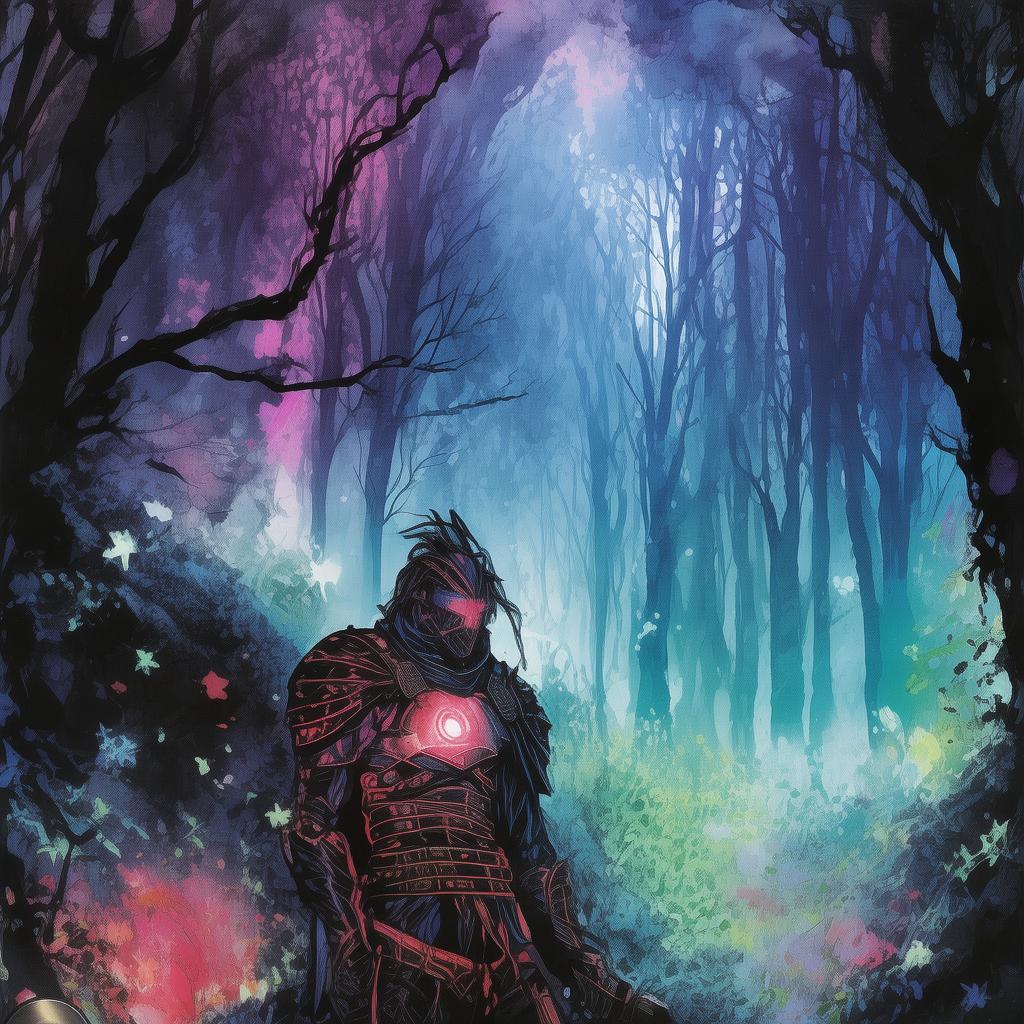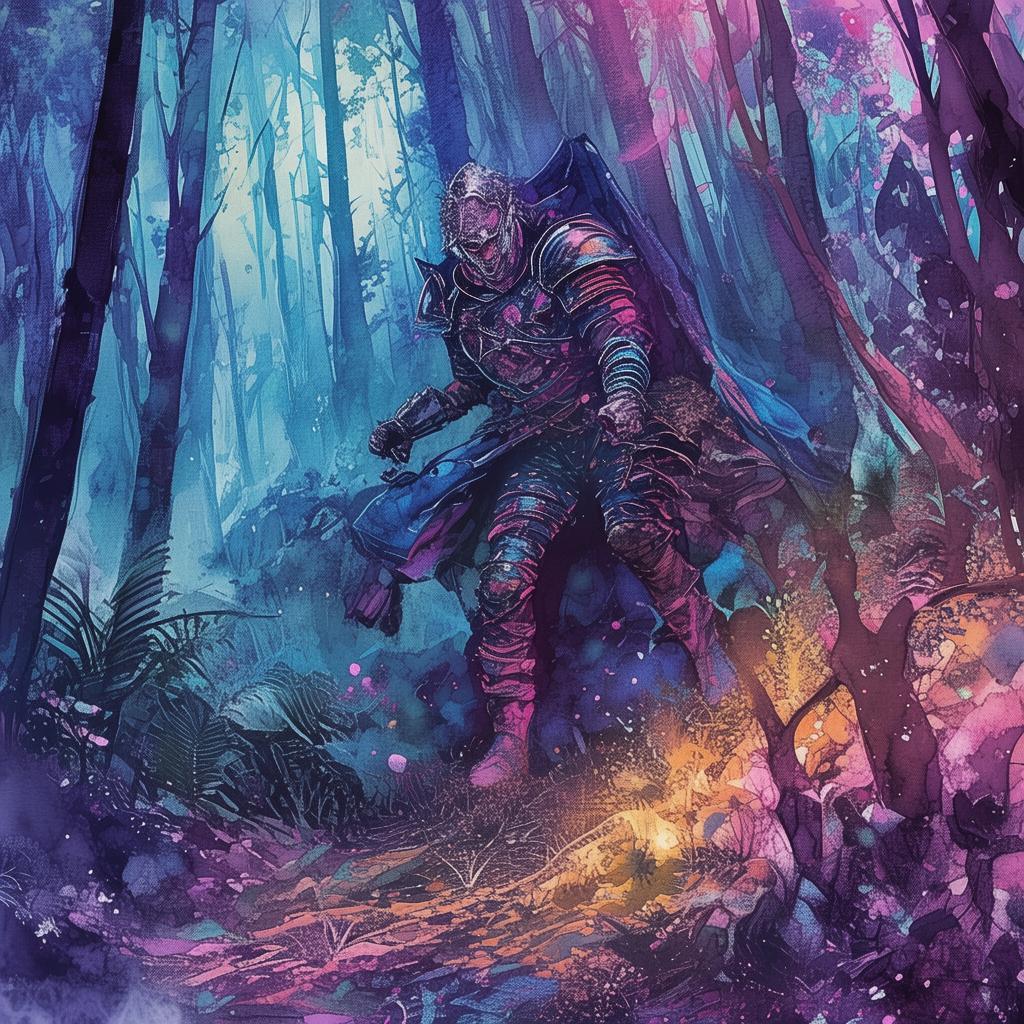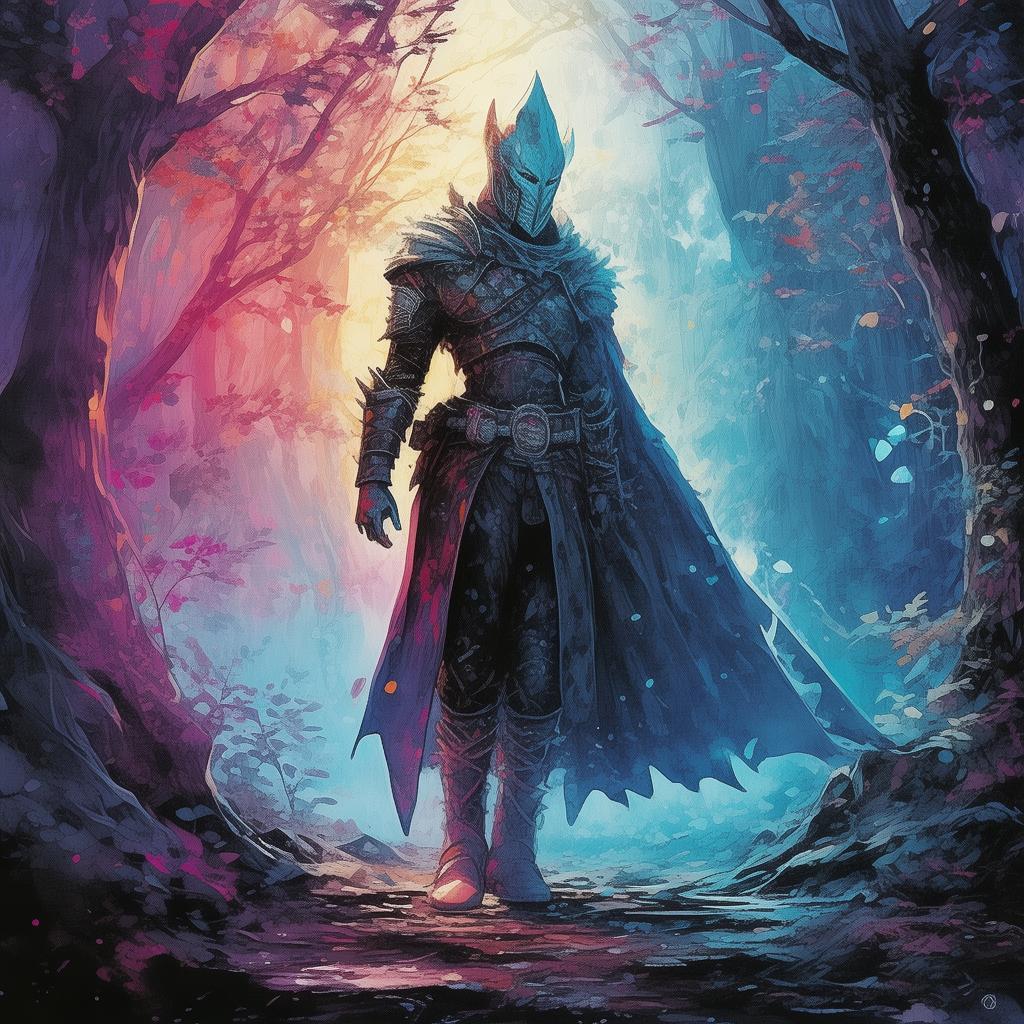The Wooden Arch: A Journey to the Celestial Kingdom
In the heart of the Zhenwu Empire, where the sun set with a golden hue that painted the sky in hues of orange and purple, there lay a legend that had withered with the passage of time. The tale of the Wooden Arch, a grand structure of ancient wood, was whispered in hushed tones. It was said that the arch was the gateway to the Celestial Kingdom, a place of eternal bliss and unimaginable wealth, hidden deep within the enigmatic Yulan Mountains.
Li Wei, a young architect with a knack for solving the most complex architectural puzzles, had grown up hearing these tales. But for him, the Wooden Arch was nothing more than a bedtime story. That was until the day a mysterious scroll, hidden within the walls of his family's ancient library, revealed the existence of the Wooden Arch, a key to unlocking a path to the Celestial Kingdom.

The scroll spoke of a complex rite of passage, a series of trials that would test Li Wei's resolve, his intellect, and his heart. With the scroll in hand, Li Wei set out to find the Wooden Arch, a quest that would take him through treacherous landscapes and into the heart of a forgotten civilization.
The journey began with a search for the legendary Yulan Mountains. As Li Wei ventured deeper into the mountains, he encountered ancient ruins, remnants of the Zhenwu Empire that had once thrived. The architecture was a marvel, a testament to the ingenuity of the people who had built it. But as he delved further, Li Wei discovered that the empire had met a mysterious end, and with it, the knowledge of the Wooden Arch had been lost.
Li Wei's first trial came in the form of a riddle, inscribed upon the entrance to the first ancient city he encountered. The riddle spoke of a hidden truth, one that could only be uncovered through the power of the mind. With his architectural skills and the scroll's cryptic clues, Li Wei solved the riddle and was allowed to proceed.
The next trial was a physical one. Li Wei had to navigate a labyrinth of wooden structures, each more treacherous than the last. With each step, the air grew colder, and the shadows longer. It was here that Li Wei faced his deepest fear: the specter of his past, a ghost that haunted him with the memory of a lost love.
But Li Wei pressed on, driven by the promise of the Celestial Kingdom. His resolve was tested again when he encountered the guardian of the second city, a massive stone statue that came to life and challenged him to a duel. Using his wit and the knowledge he had gained, Li Wei defeated the guardian and was allowed to continue.
The third trial was a moral one. Li Wei had to choose between saving his kingdom from a terrible drought or allowing it to perish. It was a decision that would define his character and his fate. In the end, Li Wei chose to save his people, demonstrating his love for them and his commitment to his kingdom.
As Li Wei approached the final trial, he found himself at the base of the Wooden Arch itself. The structure was immense, towering above him like a giant's hand carved from the heart of the mountain. The air was filled with a strange, otherworldly light, and the scent of pine and incense mingled in the air.
The final trial was a test of his heart. Li Wei had to confront his deepest desire, his greatest fear, and his most profound love. In that moment, he realized that the journey to the Celestial Kingdom was not about the destination but about the journey itself. It was about the strength he found within himself, the love he shared with others, and the courage it took to face the unknown.
With the scroll in hand, Li Wei stepped through the Wooden Arch, and the world around him shifted. He found himself in the Celestial Kingdom, a place of beauty and wonder beyond his wildest dreams. But as he stood in awe of his surroundings, he knew that the true treasure was the journey that had brought him here.
Li Wei returned to his kingdom, not as a conqueror but as a changed man. He brought with him the wisdom of the trials, the love of his people, and the knowledge of the ancient civilization that had built the Wooden Arch. And so, the Zhenwu Empire was reborn, not as a kingdom of wealth and power, but as a place of peace, love, and understanding, a testament to the power of the human spirit.
✨ Original Statement ✨
All articles published on this website (including but not limited to text, images, videos, and other content) are original or authorized for reposting and are protected by relevant laws. Without the explicit written permission of this website, no individual or organization may copy, modify, repost, or use the content for commercial purposes.
If you need to quote or cooperate, please contact this site for authorization. We reserve the right to pursue legal responsibility for any unauthorized use.
Hereby declared.









